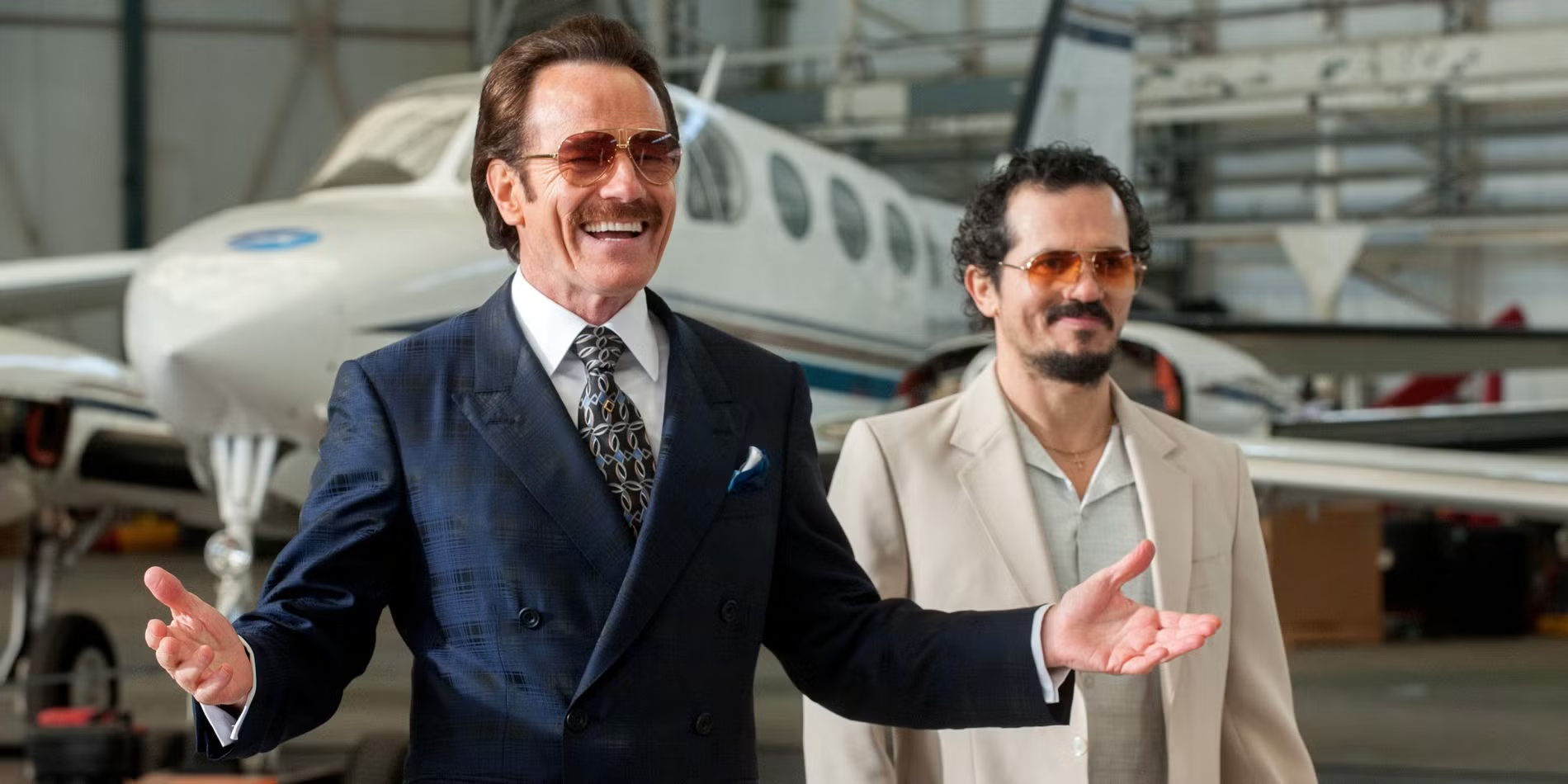Zimmerman — was the trial a mere formality?
[Speaking Truth To Power]
Given the nation’s short attention span when it comes to miscarriage of justice when it involves the lives of young African American males, The Black Star News will continue to visit the George Zimmerman murder trial for the killing of Trayvon Martin. This is the fourth in a recent series.
The inclusion of Special Prosecutor Angela Corey to handle the investigation against George Zimmerman and the eventual failure to convict him must be re-examined.
A major question here is: did the appointment of Special Prosecutor Angela Corey—who replaced State Attorney Norm Wolfinger—do anything positive to further the interest of justice for Trayvon Martin and his family?
After a national outcry and protests—led by activists like Reverend Al Sharpton and his National Action Network— as to why 28-year-old George Zimmerman wasn’t arrested for the Feb. 27, 2012 killing of 17-year-old Trayvon Martin, Florida Governor Rick Scott appointed State Attorney Angela Corey to be special prosecutor in the case on March 22, 2012. On April 11, 2012, Ms. Corey charged Mr. Zimmerman with second-degree murder—nearly a full month after he killed Mr. Martin.
This decision was welcomed by many in the Black community who hoped true justice would prevail in this case. Unfortunately, people should’ve been more skeptical that the appointment of Ms. Corey alone would secure justice. The fact is this case was undermined by the failures of the Sanford Police Department’s “investigation.” This case needed a real reinvestigation— even more than it needed a new prosecutor.
As we’ve shown previously, the Sanford Police bungled this investigation from start to finish in multiple ways. The first problem was the weak “canvass” done on the night of the killing—where police never knocked on the door where Trayvon was visiting his father. The Retreat at Twin Oaks has about 260 units and its clear police didn’t knock on every door.
Besides never knocking on Trayvon’s door, Sanford Police also never knocked on the door of Cheryl Brown—mother of then 13-year-old Austin Brown a key eyewitness. And Sanford Police apparently never spoke to Rachel Janteel about her conversation with Trayvon in the waning moments of his short life. From the night of the killing on February 26, until after March 17—when Trayvon’s father contacted her—Sanford Police never contacted, arguably, the most important witness in this case.
And there were many other inept issues with this “investigation” including: failing to adequately secure the crime scene from the rain, failing to secure Mr. Zimmerman’s truck, failing to test the suspect for drug use—and failing to check the suspect’s rap sheet.
These were some of the problems Ms. Corey and her team faced in prosecuting this case. Unfortunately, nothing resembling a through reinvestigation of this case was done by Ms. Corey and her team either. Moreover, Ms. Corey when out of her way to give praise to State Attorney Norm Wolfinger and Sanford Police—praise they surely didn’t deserve.
In fact, during the trial the prosecutors’ failure to attack the contradictions of Inspector Serino and Officer Singleton hurt their case tremendously—especially, when they were saying that Zimmerman’s story was so believable, which, is contradicted by some of the interrogation comments of these very officers. We will highlight some of those inconsistencies later. But first let’s reexamine some of the early mistakes made by the prosecutors. Let’s start with the selection of the jury.
We all now know of the infamously disgusting comments made by Juror B-37. But the real question here is how did someone like her survive the jury selection process? During voir dire, Juror B-37 made several comments that should’ve been red flags to have her removed.
One such instance was when she spoke, of the protests to arrest Zimmerman, in this way “I remember the issues in Sanford when they were having riots…a whole lot of angry people and picketing people.” Unfortunately, the prosecution never asks her to explain how she could call peaceful protests “riots.” Later she says the protests were “overdone.” Why wasn’t Juror B-37’s repeated characterization of the protests as “riots” or “rioting” challenged by the prosecution?
But Juror B-37 made other comments that should’ve given Ms. Corey’s prosecution team pause. At another point she said “I think it was just an unfortunate incident that happened.” Doesn’t this comment tell us she had already made up her mind that no crime was committed—even before she has heard any evidence in the trial?
Right after saying this, the prosecutor asked Juror B-37 if she had already formed an opinion on the case—but, he did so as if he hadn’t properly processed what she had just said. Were these prosecutors just not paying close attention to her answers? To say this woman was lying would be an understatement. She also claimed she never discussed the case with her husband, who is a lawyer.
Yet there were other things wrong with this jury selection—besides allowing someone like Juror B-37 to sit on it. In fact, one of the main problems with this jury was that it symbolized the racist face of America’s justice system—a system that sees African-Americans as victimizers, never as victims. America’s justice system talks about a “jury of your peers.”
Ironically, however, courts aren’t required to create a jury that takes into account, and, at least, partially reflects the race of the victim, or, suspect. Because of racism, this is extremely disadvantageous when those seeking justice are African-Americans. In fact, shouldn’t juries reflect the nation’s demographic diversity?
In this case, all the potential African-American jurors were removed through preemptive challenges. Doesn’t the purging of African-Americans from a jury—especially, in a case like this—represent a flagrant travesty of justice, through a form of white jury nullification? Judge Debra Nelson made the head-scratching decision to allow Juror B-76 to remain on the jury.
Prosecutors attempted to remove Juror B-76 after she questioned why Trayvon was out so late at night buying candy. Let’s keep this in mind, Trayvon was pronounced dead by 7:30 p.m. that night. Was this juror saying all 17-year-olds must be home by sundown—or, just those who wear African-American skin? Didn’t Juror B-76’s biased comment transfer blame upon the dead victim?
American courts have, historically, perverted justice when the innocently accused, or, wronged victims were African-Americans—and the guilty parties were White-Americans. This was the case in the Jim-Crow Era when racists victimized African-Americans with the tacit, if not direct, blessing of America’s courts. This is why all-white juries frequently freed the white murderers of African-Americans.
The acquittal of those who murdered 14-year-old Emmett Till in 1955, Civil-Rights activist Medgar Evers, in 1963, and Lt. Col. Lemuel Penn, in 1964, represents examples of all-White jury nullification at work. Countless African-Americans have been denied true justice in similar manner.
Given the circumstances in the Trayvon case, Florida officials should’ve realized a virtually all-White jury was a no-no. But they chose to ignore this—instead of picking a jury that reflects America’s racial diversity. Worse of all, the police, prosecutors and court acted as if race had nothing to do with the killing of Trayvon Martin. This is why Sanford Police never followed up on what witness#9—Zimmerman’s cousin—told them when she said “I know George. And I know that he does not like Black people…get character reports from other people and see if he’s ever said anything about Black people, about being racist or anything like that because I guarantee you there’s somebody out there who will say it…Please just look into that.”
America’s system of “law and order” is still, largely, incapable of honestly appraising the racial bigotry and double-standards that plagues its institutions. How could Ms. Corey say “this case has never been about race” when Mr. Zimmerman revealed a pattern of racial profiling by the scores of 911 calls he made about suspicious-looking African-American males assumed up to no good?
Judge Nelson made the decision the word profiling could be used—but, not the term racial profiling. If it isn’t racial profiling what kind of profiling is it exactly? This distinction reflects absurd denials of race we often see in American society. This denial to honestly deal with the racial issues in this case doomed the chances that the family of Trayvon would receive justice.
Next: The series will explore how prosecutors—and Sanford Police—undermined the state’s case against George Zimmerman.


















